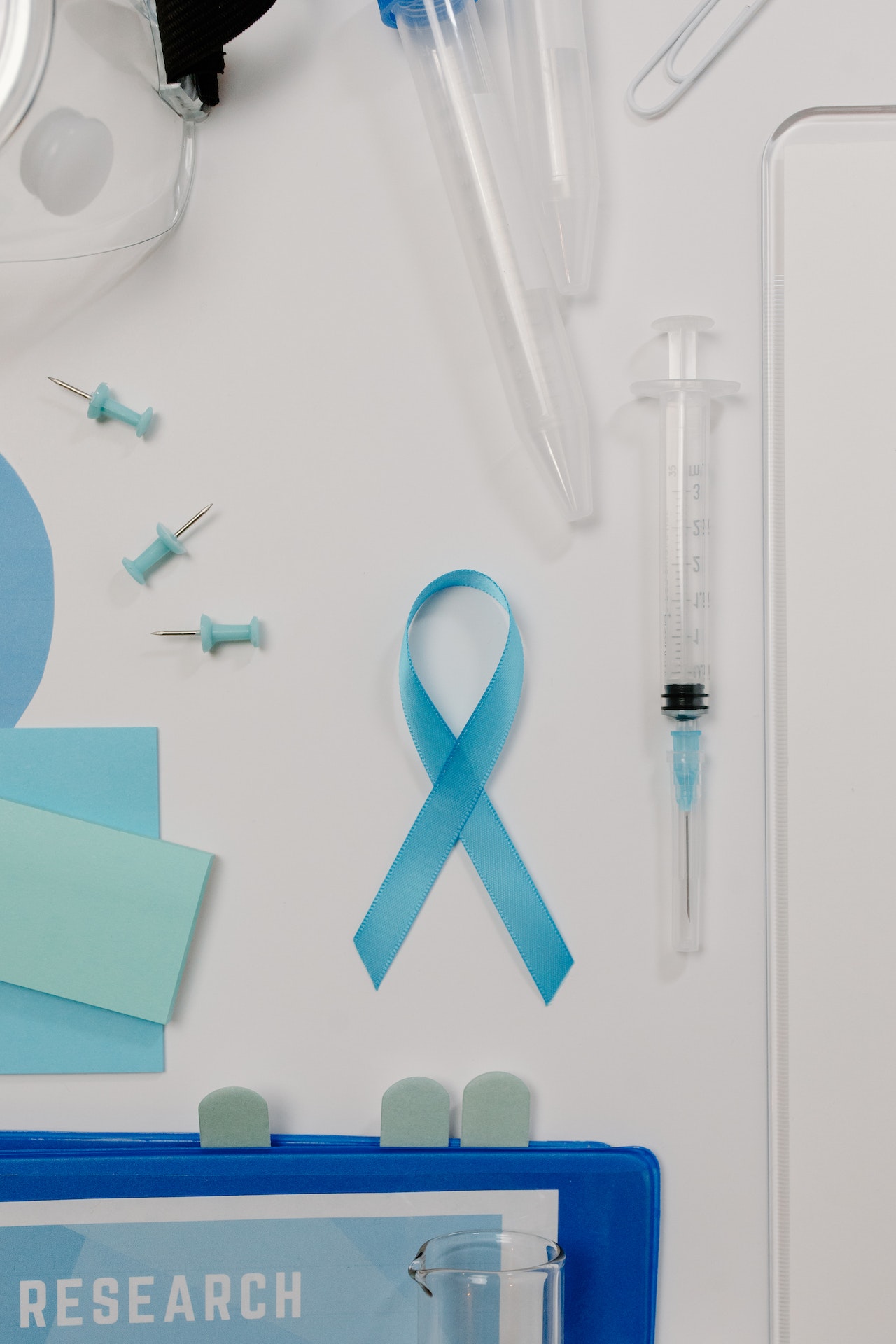Research suggests that having high levels of stress may increase a man’s risk of prostate cancer death. This includes men with advanced prostate cancer and localized prostate cancer.
The study was carried out by researchers at the Karolinska Institute in Stockholm, Sweden. The study involved 4,105 men who had been treated for clinically localized prostate cancer. The study participants were given surveys and the results determined that the men with the highest levels of stress had a 66 percent increased risk of prostate cancer mortality compared with men who had low stress levels. The men with higher stress levels also reported experiencing sleep loss, grieving, and having less people to talk to for emotional support.
 According to the study authors: “This study contributes to the growing field of psychosocial quality of life research in men with prostate cancer. The findings of this study could prove useful to target interventions to improve quality of life in men with prostate cancer.”
According to the study authors: “This study contributes to the growing field of psychosocial quality of life research in men with prostate cancer. The findings of this study could prove useful to target interventions to improve quality of life in men with prostate cancer.”
Key facts about prostate cancer:
- 1 in 7 men in the US will be diagnosed with prostate cancer in his lifetime
- 2nd most common cancer among US men after skin cancer
- 2nd leading cause of death in US men after lung cancer
- 1 in 38 men will die of prostate cancer
- African-American men have highest risk; more likely to develop aggressive disease, be diagnosed at younger age, and 2.5 times as likely to die from it
The best way to prevent prostate cancer is by being proactive about your health. Here’s how:
- Know the risk factors.
- Race/Ethnicity – African-American men are 60% more likely to be diagnosed with prostate cancer and 2.5 times as likely to die from it, compared to Caucasian men.
- Age – More than 65% of prostate cancers occur in men over 65. However, young men get it too, and it is usually more aggressive.
- Family history – Having a father or brother with prostate cancer more than doubles a man’s risk for getting prostate cancer.
- Weight – Obese men (BMI 30+) have greater risk for developing aggressive prostate cancer, and are 33% more likely to die from it.
- Maintain a healthy diet and be physically active.
- Low-fat, fruits and veggies, fish, more plants than animals, less dairy
- At least 30 minutes of exercise most days of the week
- Get routine screenings.
- PSA blood test and DRE once a year.
- Treat quickly, and aggressively.
- If you are diagnosed with prostate cancer, talk to a specialist about treatment options to determine which type is best for your cancer and when to have it done. Listen to your doctor; do not procrastinate. If appropriate, a robotic prostatectomy is often the most successful form of treatment.
Photo credit: unsplash.com/Gudbjörn Valgeirsson



